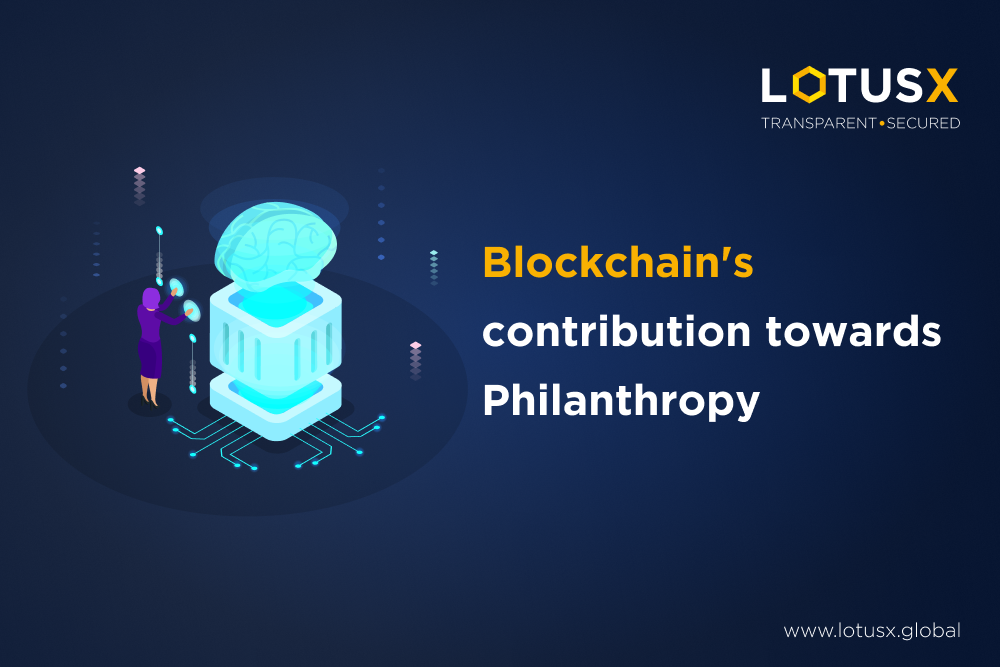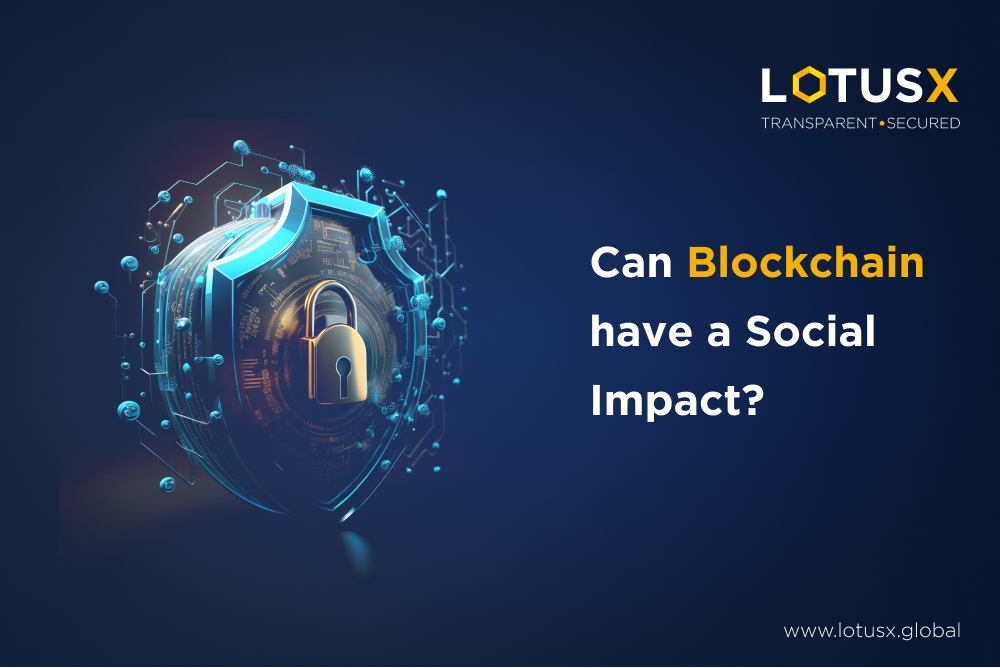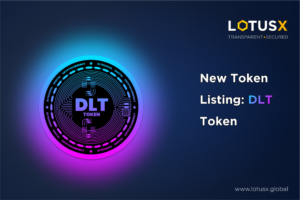Blockchain is a powerful tool that could be used to solve a wide range of problems in society. Blockchain is often associated with cryptocurrencies, but it is also a safe, open, and decentralized system that can be used to solve some of the world’s biggest problems. In the blog below, let’s discuss how blockchain could hugely affect society, from changing how supply chains work to making charitable donations more transparent.
Understanding the Social Impact of Blockchain Technology
We have read enough about blockchain technology and how it impacts AI, healthcare, Supply chain, etc. But what kind of an impact will it have on us socially? Read on to find out!
Blockchain and Transparency
One of the core strengths of blockchain lies in its ability to provide unparalleled transparency. Transactions recorded on a blockchain are immutable and can be audited by anyone, ensuring high trust. This transparency can be leveraged to enhance accountability in various sectors.
For instance, in the supply chain industry, blockchain can be used to trace the journey of products from their origin to the end consumer. This transparency helps ensure product authenticity, reduce counterfeiting, and promote fair trade. Consumers can make informed choices, knowing the exact source and history of the products they purchase. Detailed blog here.
Financial Inclusion
Blockchain can be used to create decentralized financial systems accessible to everyone, regardless of their location or income level. This has the potential to help millions of people who are currently excluded from the formal financial system.
Blockchain technology can also play a pivotal role in promoting financial inclusion. Blockchain can empower unbanked and underbanked populations by providing access to secure, low-cost financial services. Individuals without traditional identification can access financial services, healthcare, and education through blockchain-based digital identities.
Smart Contracts and Governance
Smart contracts, self-executing contracts with the terms of the agreement directly written into code, enable trustless transactions. These contracts can automate complex processes and reduce the need for intermediaries. In the context of social impact, smart contracts can be used for transparent and efficient aid distribution, ensuring that funds reach their intended recipients without costly intermediaries.

Blockchain and Philanthropy
The philanthropic sector can also benefit from blockchain technology. Charities and nonprofits can use blockchain to increase transparency in donation tracking. Donors can trace their contributions in real-time, ensuring their funds are utilized efficiently for the intended causes. This transparency can boost donor confidence and encourage more significant contributions to social causes.
Healthcare and Data Security
Blockchain can transform the healthcare industry by providing secure and interoperable electronic health records (EHRs). Patients have control over their data, granting access to healthcare providers on a need-to-know basis. This not only enhances privacy but also streamlines healthcare delivery.
Environmental Conservation
Blockchain can aid in tracking the provenance of goods, including environmentally sensitive products like organic food or sustainably sourced materials. By ensuring that products adhere to eco-friendly standards, blockchain contributes to environmental conservation efforts.
These are just a few examples of how blockchain is being used to make a difference in the world. As the technology develops, we expect to see even more innovative and impactful blockchain applications for social impact.
Bottom Line
Blockchain technology has the potential to bring about a profound positive impact on society. Its transparent and decentralized nature can address transparency, financial inclusion, smart governance, and data security issues. As the technology matures and finds innovative applications, we can expect even greater strides in leveraging blockchain for social good. Embracing blockchain for social impact can lead us toward a more transparent, equitable, and sustainable world.
Incorporating blockchain solutions into social impact initiatives requires collaboration between governments, businesses, nonprofits, and technologists. Together, we can harness the potential of blockchain to create a brighter, more inclusive future for all.
By championing blockchain for social impact, we can disrupt traditional paradigms and bring about lasting, positive change in our global community. The journey has just begun, and the possibilities are limitless.




